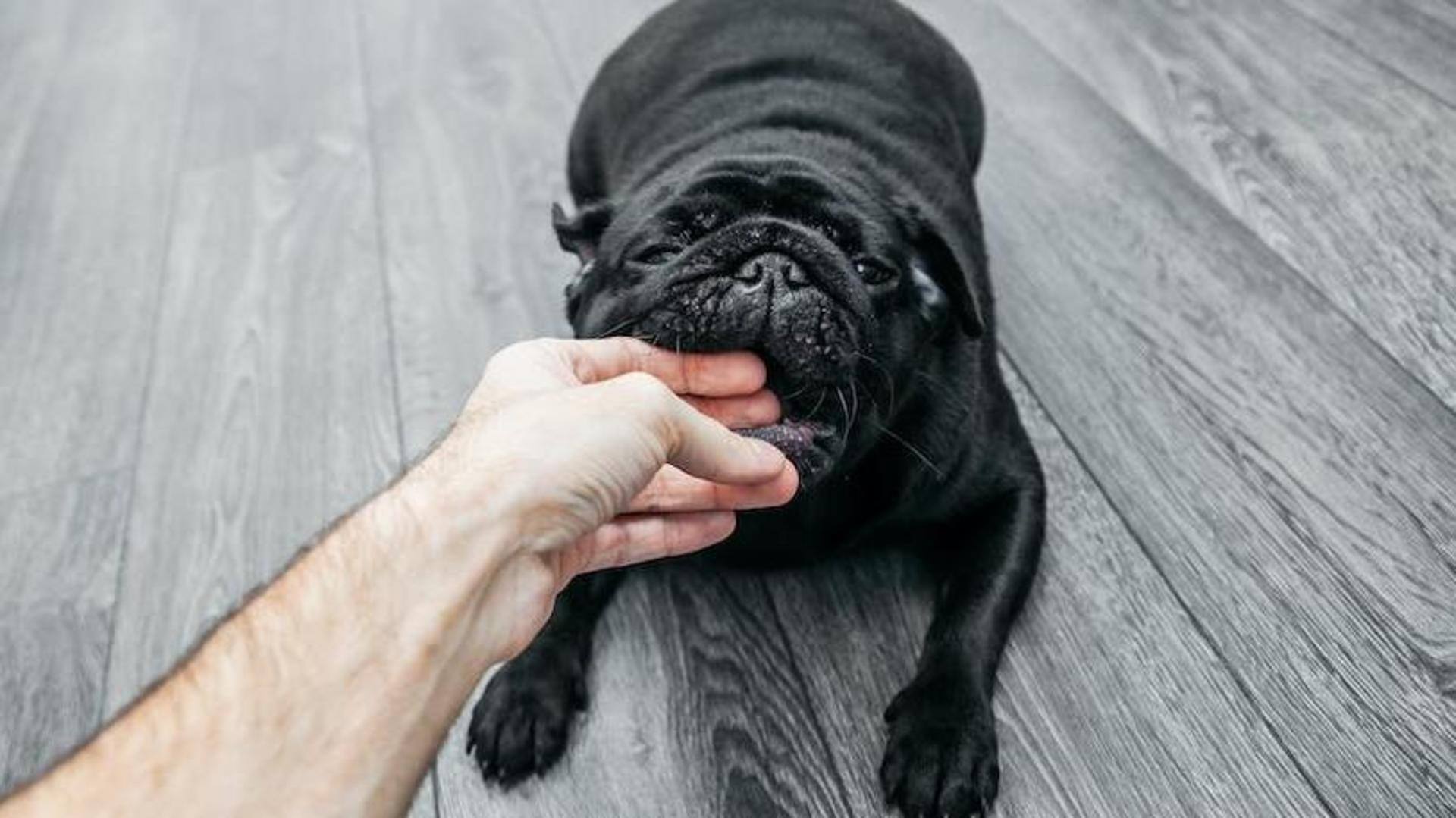
Got a dog bite? Here's what you need to do
What's the story
A dog bite can be a frightening and very displeasing experience, but it is essential to respond quickly and correctly to ensure the safety of both the victim and the dog involved. Whether the dog is a stray, a neighbor's pet, or your own, following the right steps can significantly reduce the risk of infection and complications. Here are some things to note.
Step 1
Self-cleaning the wound
After a dog bite, wash the wound gently but thoroughly with soap and water for five to 10 minutes. Remember to use mild soap and avoid scrubbing harshly. Cleaning the area helps remove bacteria and reduces the risk of infection. Cover the bleeding with a clean cloth. Wrap the wound in a sterile bandage, once cleaned. Change the dressing regularly.
Step 2
Doctor diagnosis
Regardless of the severity of the bite, it is crucial to seek medical attention promptly. Your doctor will examine the injury to see whether the bite was deep enough to damage muscles, tendons, nerves, or bones. The doctor will thoroughly clean the bite wound to remove any dirt or bacteria. They may also remove dead tissues from the wound.
Step 3
Injections and medications you may need
If the dog's health status is unknown, or the dog tests positive for rabies, you will need to get a rabies vaccine, a series of shots over two weeks. The doctor will also make sure that you are up to date on your tetanus shot. The doctor may advise you to take antibiotics for seven to 14 days to prevent or treat an infection.
Don't's
What you should not do after a dog bite
Even if the bite seems minor, never ignore it. Dog bites can introduce harmful bacteria into the bloodstream, potentially leading to serious infections like rabies or tetanus. While home remedies may be useful, they are not a substitute for proper medical care. Avoid putting alcohol or any other substance on the wound without professional advice. Seek medical assistance at the earliest.
Legal way
Other things to note
After a dog bite, avoid blaming the dog or the owner. Instead, focus on taking appropriate steps to ensure your safety and well-being. If the dog is not your own or is a stray, report the incident to the local animal control or health department. This will help ensure that the dog is properly evaluated and monitored for potential health risks.